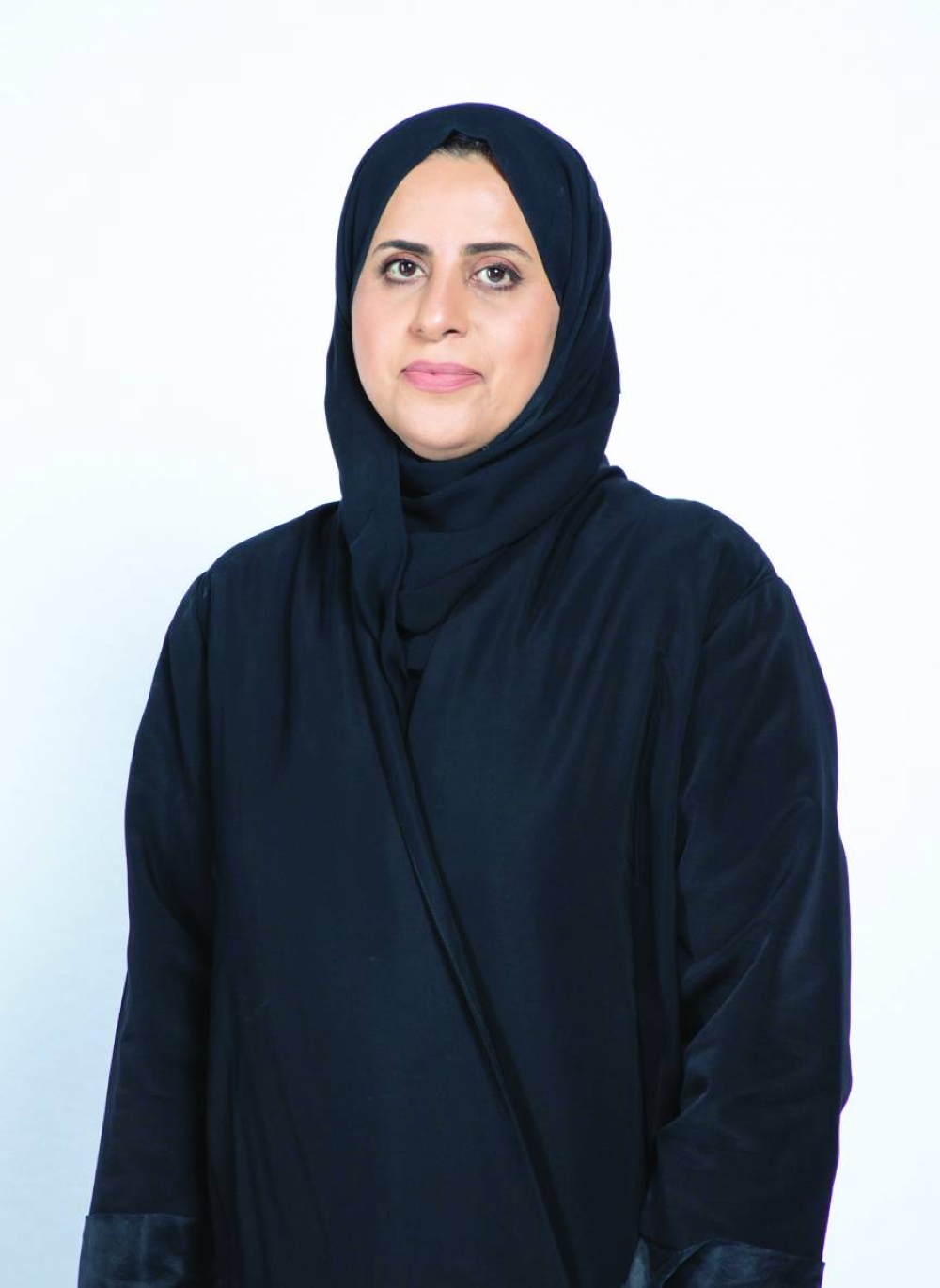In a world dominated by technology, challenges abound, and controversy surrounds the issue of banning mobile phones in schools. Some consider this necessary to reduce students’ mental distraction, enable them to achieve academic and personal growth, and ensure their safety, while others believe that restricting the use of phones may negatively affect the educational process.
In Qatar Foundation schools, we have recently witnessed an increase in the cases of cyberbullying among students and in the rates of mental distraction, which caught our attention and prompted us to deal with it seriously. The sight of students being preoccupied with their smartphones in the corridors and during break has become common; for the previous generation of students, this time was a valuable opportunity to exchange conversations and share ideas collectively.
Today’s students have become more isolated, and devices have taken over their attention, eliminating the joy of spontaneous interaction between peers. If we look at extracurricular activities, which have always been an ideal opportunity to expand students’ horizons, we find that the demand for these activities has declined significantly. Therefore, at Qatar Foundation, we decided to ban phones in schools and began implementing this carefully considered ban gradually, starting from the sixth grade, as experience has shown that this age group is the most affected by the risks of cyberbullying.
The results were clear; we witnessed a tangible improvement in communication between students and their participation in group activities. This has encouraged us to provide a wider range of activities for students, whether during the school day or after school, to enable them to invest their time and engage in useful and enjoyable activities.
The decision to ban phones came after careful study to reduce reliance on technology in the school environment, as we took into account the social challenges we face locally and in the Arab world, and we were inspired by the experiences of other countries, such as France, which implemented a ban on phones in its schools; Estonia, a country advanced in the field of technology but follows a specific educational strategy; and Finland, which relies cautiously on technology in the education system, as it is used only for educational necessity.
At Qatar Foundation, we strive to strike a similar balance by educating our teaching and administrative staff on the importance of effective and targeted use of technology in the classroom and balancing the use of technology for learning and entertainment, while encouraging parents to take a similar approach and supporting them through engaging and educating them, such as providing workshops on screen time management and digital literacy, as well as providing practical advice and setting limits on technology use at home.
Technology has become an integral part of our daily lives, but the key question remains: how and when do we use it effectively, at the right time and place? While we have banned the use of smartphones in schools, we remain open to continuous improvement, monitoring the experience and evaluating the results regularly, reviewing any challenges or positive or negative feedback.
Our goal is to improve the academic experience, while keeping the well-being of our students at the forefront.
Qatar Foundation – 30 years of unlocking human potentialQatar Foundation (QF) is a non-profit organisation which, for 30 years, has supported the sustainable human, social, and economic development of Qatar through entities, programs, and initiatives focused on education, science and research, and community development.
QF was founded in 1995 by His Highness Sheikh Hamad bin Khalifa al-Thani, the Father Amir of Qatar, and Her Highness Sheikha Moza bint Nasser, Chairperson of Qatar Foundation, who shared the vision of providing quality education for everyone in Qatar.
In the three decades since, this vision has evolved into a globally unique, multidisciplinary ecosystem of knowledge – offering opportunities for lifelong learning, fostering innovation, and empowering people to be socially engaged citizens and drivers of positive change.
This diverse but interconnected ecosystem comprises a world-class education landscape spanning the full spectrum of learning from pre-school to post-doctoral level; research, innovation, and policy centres addressing some of the world’s greatest challenges facing the world; alongside community facilities for people of all ages to seek knowledge, embrace active lifestyles, and expand their horizons within QF’s Education City, spanning 12 square kilometres in Doha, Qatar.
With its efforts concentrated on generating impact in five key areas – progressive education, sustainability, Artificial Intelligence, precision health, and social progress – QF remains committed, as it has been for the past 30 years, to investing in Qatar and its people, and contributing to shaping a better world for all.
Opinion
‘We banned smartphones to revive an authentic atmosphere within the school environment’
Abeer al-Khalifa, President of Pre-University Education, Qatar Foundation, explains how preventing students using their phones in QF schools supports integrated learning, critical thinking and creativity, and face-to-face communication between students

Abeer al-Khalifa
